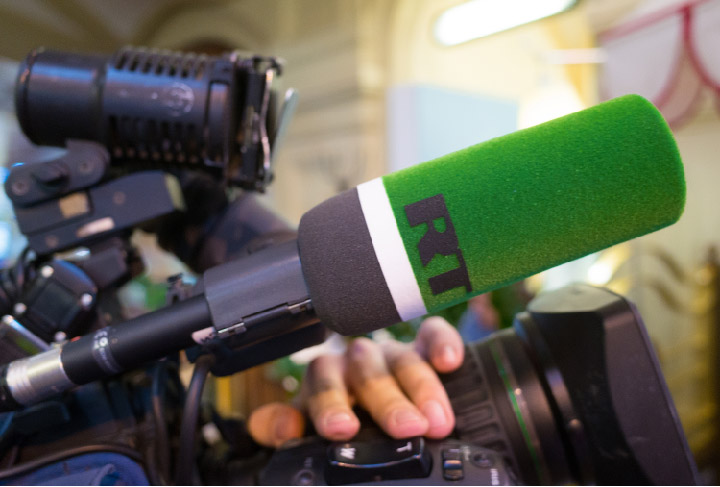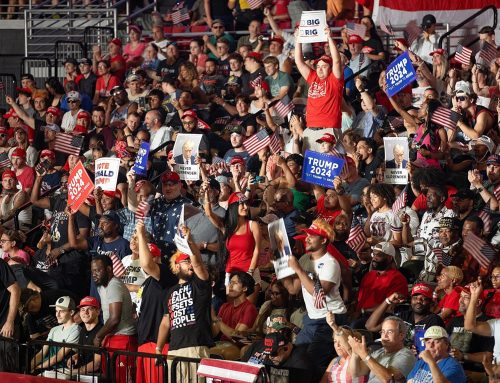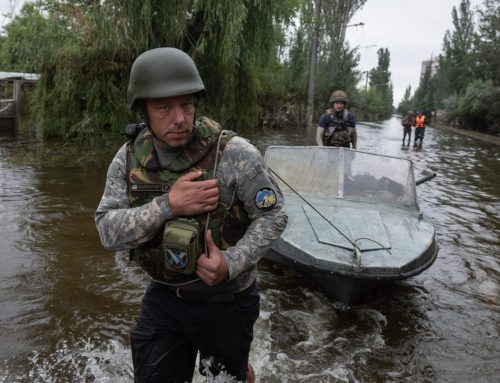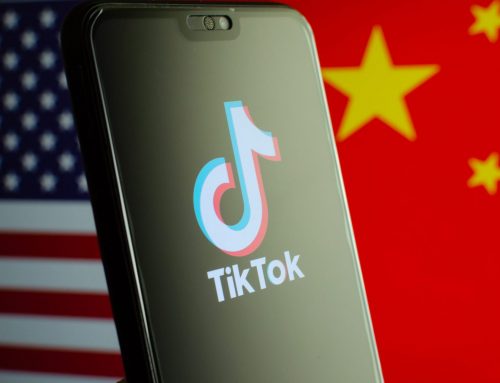A notable narrative in Russian state media coverage of (and limited diplomatic reactions to) the G7 summit and related meetings was that the G7 is outdated, pointless, hypocritical, or exclusive, especially for not including China. State media also sought to interpret Biden’s gaffes and other incidents, with RT amplifying domestic U.S. claims questioning his mental fitness. This continues a trend, going back to the 2020 U.S. presidential campaign, of Russian state media promoting the idea that the president is suffering from dementia. In the lead up to this week’s Biden-Putin summit in Geneva, Russian officials and state media provided fairly unremarkable early coverage of the meeting, characterizing Russia as reasonable and at times suggesting that recent U.S. decisions could “overshadow” the meeting. State media and diplomats last week also sharply criticized Ukraine’s uniforms for the Euro 2020 soccer tournament, which they lambasted for including Crimea in a map of Ukraine and for what they described as “the slogan of Holocaust perpetrators.” This denunciation is consistent with Moscow’s longstanding effort to draw a strong connection between Ukraine and fascism/Nazism and to criticize Western support for Ukraine on those grounds. The Russian Ministry of Foreign Affair’s tweet in English on this topic did not translate the slogan (“Glory to Ukraine”) and referred to it as the “Ukrainian version of “Heil, Hitler!”, while the equivalent Russian-language tweet used the actual slogan but described it as “the Ukrainian equivalent of a Nazi salute.” Notably, the Russian Federation uses “Glory to Russia,” which is not attacked as nationalistic or fascist.
With President Biden touring Europe to promote a unified front against authoritarian influence, Chinese officials and state media promoted the idea that the G7 is both irrelevant and a global bully. The Chinese Consul General in Rio de Janeiro had a similar message aimed specifically at the United States, while CGTN accused Biden of embracing a Cold War mentality. Other narratives included criticism of the group’s vaccine strategy (or lack thereof), dismissal of the announcement of a new global infrastructure plan, amplification of the disagreements between the United Kingdom and its European neighbors, and coverage of protesters’ grievances. With yesterday’s NATO summit also producing more statements condemning China’s malign influence, Beijing’s diplomats and state media are likely to issue more anti-U.S./NATO/G7/EU vitriol this week. Chinese officials and state media also continued to protest growing calls for a new investigation into the origins of the coronavirus. CGTN affiliate T-House published a cartoon comparing U.S. communications in the run up to the 2003 Iraq war with the Biden administration’s current calls for an investigation. Accusations surrounding Fort Detrick—and its purported connection to Japanese war crimes—were also repeated last week. In parallel to already mentioned criticisms of the G7’s lack of a global vaccine strategy, Chinese diplomats continued to promote Beijing’s vaccine deliveries from Brazil to Afghanistan. On the subject of Xinjiang, the most-engaged with tweet last week was Chinese MFA spokesperson Zhao Lijian’s retweet of an excerpt from a debate between American Enterprise Institute Adjunct Fellow Lyman Stone and notorious pro-PRC troll Karl Zha. This follows a trend of Chinese officials promoting Western influencers and validators with no official ties to the Chinese state. Other notable Xinjiang-related content last week included the Chinese ambassador to India’s calling for foreign countries not to interfere in China’s “internal affairs” in Hong Kong or Xinjiang, the Chinese mission to the UN in Geneva amplifying a Global Times article about the mechanization—and corresponding absence of forced labor—of the Xinjiang agricultural sector, as well as a rare admission by the same Global Times that the Han population is growing faster than Xinjiang’s Uyghur population.
Coverage of the Iranian presidential campaign again dominated Tehran-linked Twitter accounts last week, with all ten of the most liked and retweeted Tweets coming from hardline candidate Saeed Jalili. The final presidential debate featured substantial discussion of the Iran nuclear deal (JCPOA) and Financial Action Task Force (FATF), with moderate candidate Abdolnasser Hemmati warning that the election of a hardliner will cause Iran to face harsher international sanctions and encouraging the Iranian government to ratify legislation to allow Iran to return to the FATF. Hemmati also announced during the debate that he would like to meet with Joe Biden but that “America needs to send better and stronger signals.” Iranian embassies and consulates around the world trumpeted the upcoming elections, with the @iraninfrance account noting, in a slightly odd attempt to cast Iran as a healthy democracy, “Elections in #Iran. 39 elections since 1979 ….. ‘almost every year.’” Coverage by Iranian media of the NATO summit was minimal, though PressTV invited American conspiracy theorist and political iconoclast Michael Billington onto its program as a “political commentator” to allege that “NATO has changed from a military organization into a global political body that needs to portray China as an enemy to reach its goals.” Fars News Agency also reported on alleged funding shortfalls within the German military. Of note, their primary source for the story was Russian state media outlet TASS. Fars News also accused NATO Secretary General Jens Stoltenberg of “anti-Chinese remarks” following his meeting with Biden. Finally, Fars News played up tensions between the United States and Russia in the lead up to the Biden-Putin summit, with one story focusing on U.S. military aid to Ukraine, and another focusing on Russian military exercises in the Pacific. PressTV noted that there will not be a press conference after the meeting and reported glibly on Trump’s sarcastic request that Biden not fall asleep during the meeting.
The views expressed in GMF publications and commentary are the views of the author alone.








